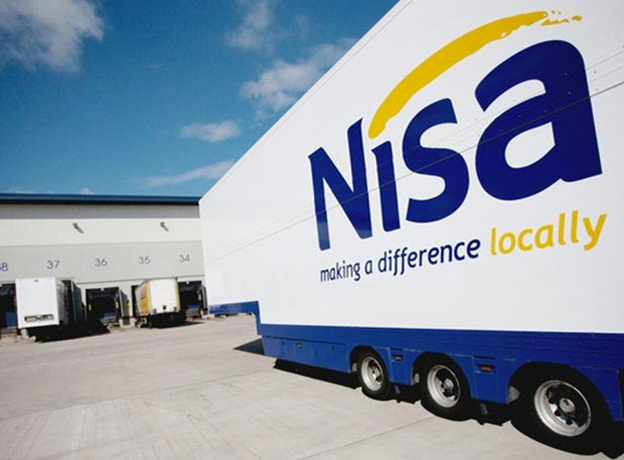The Competition and Markets Authority (CMA) has contacted Nisa following consumer complaints about price rises in Nisa sites.
A leaked document to retailers from Nisa, seen by Better Retailing, stated: “Last week we were approached by the CMA following a number of consumer complaints about unusually high prices in Nisa partner stores.
“We are aware that in some instances this has been down to products coming off promotion, newly introduced lines or pricing being higher on some substituted lines,” it read.
Coronavirus: CMA reveals scale of pricing complaints
“But, we would advise where this is the case, you highlight the reasons for the higher prices, either on the shelf edge or on posters around the store, to avoid consumer confusion and frustration.”
The CMA’s ‘taskforce guidance information’, also seen by Better Retailing, shows the regulator has written to 187 traders that had received a total of 2,500 complaints about price rises.
Nearly 75% of complaints related to food and drink, 20% related to hygiene products and around 5% related to medicines.
A Nisa spokesperson told Better Retailing: “The majority of Nisa’s retail partners have done an incredible job serving their communities throughout this crisis. Nisa was just one of hundreds of retailers the CMA contacted. We quickly responded to make clear how seriously we take this matter, explain that Nisa is not responsible for price setting in its partner shops, highlighting that Nisa partners are free to buy stock from other wholesalers, and also emphasising that throughout the crisis Nisa has regularly raised the importance of responsible pricing with its retailer partners. Pleasingly, the CMA has subsequently made clear that they do not have any concerns around the conduct of our business.”
£617m of new coronavirus grants unlocked: how to get your share
Despite the challenges faced by Nisa and other independent retailers, the independent convenience sector has risen to the challenge of covid-19 according to experts. An overwhelming majority are pricing responsibly and providing new and vital services to vulnerable customers. Miv Chahal of Nisa Local Prudhoe responded by adding home deliveries on top of using Nisa’s local fundraising charity to support local services. He told Better Retailing: “We’ve always had a massive community focus,” says Miv. “Through Nisa’s ‘Making a difference locally’ initiative, we’ve donated to a lot of local causes, including supplying defibrillators to local retirement homes, and supporting local schools.”
The team at the award winning Nisa Local High Heath store in Walsall meanwhile have worked tirelessly to fill gaps in the personal protective and hygiene equipment supplies of local care homes and hospitals. The family-run store also bolstered home deliveries to meet the needs of self-isolating residents.
Nisa retailer Harj Dhasee said that despite increased costs, he is continuing to sell at wholesale prices to protect his reputation.
“Milk cost price is £1, but we are selling it at £1,” he said. “We haven’t moved our prices because we don’t want to be seen to be profiteering, but at some point, prices will have to move.”
He said he has witnessed the removal of some price-marked packs, and the change in available formats, adding that retail pack prices at wholesale had increased, but catering prices have dropped.
“A 1.5kg bag of flour has gone up, but the 12kg has dropped because restaurants aren’t open,” he said.
Dhasee said despite his sales doubling, his profit margins have been “dramatically squeezed”, and he is “not confident the additional costs of necessary new staff will be covered as a result”.
Edinburgh Nisa retailer David Sands added that the “blizzard of challenges” has made it difficult to track price changes.
How Nisa Local Prudhoe listens out for changing customer needs
“We have been faced with a lot of range rationalisation in the past few weeks,” he said. “We might have been stocking a four-pack of a particular product, but it’s no longer available, meaning we can only get an eight-pack.
“Our biggest challenge has been making sure we have a particular line, even if it’s a different pack variation.”
Sands said he took to social media to ask customers whether they wanted hand sanitiser, priced at £3 for 100ml, despite perceiving it as a high cost.
“We’re very clear that the last thing we want to do is exploit the situation,” he explained.
From 10 March until 19 April, the CMA received almost 21,000 complaints relating to pricing during the coronavirus.
Find out more on our coronavirus information hub for retailers



Comments
This article doesn't have any comments yet, be the first!